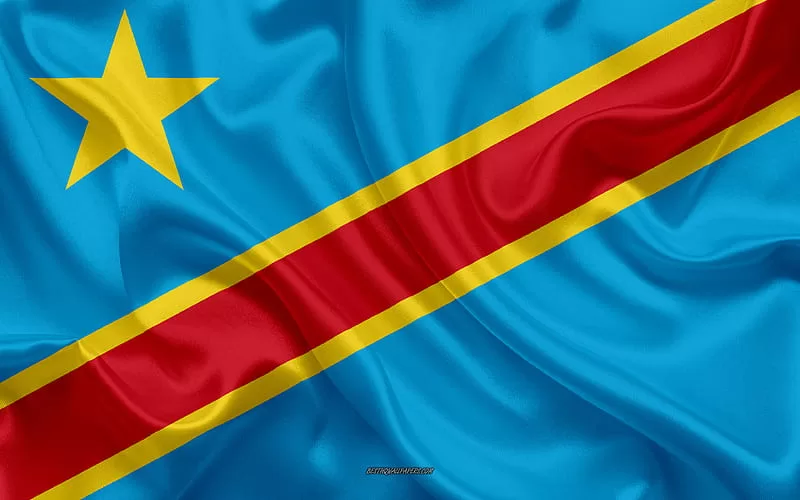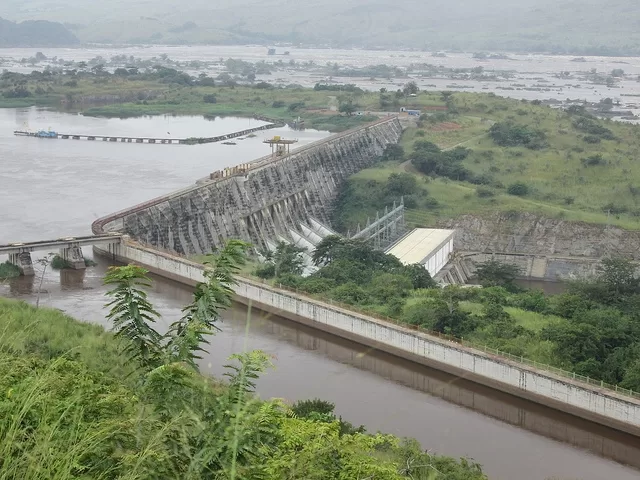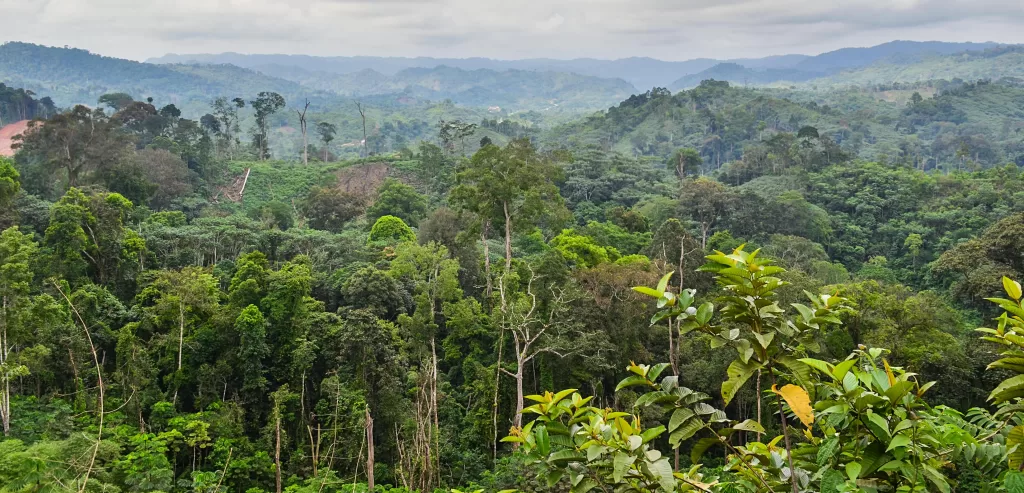DR Congo Country Report

The Democratic Republic of the Congo (DRC) is a country located in Central Africa. It is the second-largest country in Africa by land area and is known for its rich natural resources, including minerals like cobalt, copper, and diamonds. The DRC has a diverse population and is home to numerous ethnic groups, each with its own languages and cultures. The capital city is Kinshasa, and the official language is French. The country has faced various challenges, including political instability, armed conflict, and issues related to governance and human rights. However, efforts are being made to promote peace, stability, and development in the region. The DRC is also known for its stunning natural beauty, with lush rainforests, the mighty Congo River, and diverse wildlife, including gorillas and elephants. The country has several national parks and protected areas, such as Virunga National Park and Garamba National Park, which are important for conservation and ecotourism.
Last updated: August 16, 2023
Security
The DRC has experienced periods of political instability and armed conflict in certain regions, particularly in the eastern part of the country. These conflicts can result in security risks, including violence, civil unrest, and the presence of armed groups. It’s advisable to stay informed about the current situation and any travel advisories issued by your government or international organizations. It’s also recommended to take precautions such as avoiding demonstrations or large gatherings, maintaining a low profile, and following the guidance of local authorities and security personnel.
In addition, it’s important to be mindful of the potential for petty crime, such as pickpocketing and theft, especially in crowded areas or tourist destinations. Taking common-sense precautions like keeping your belongings secure and being aware of your surroundings can help minimize these risks. If you’re planning to visit the DRC or have any specific concerns about security, it’s best to consult with your embassy or consulate for the most up-to-date information and travel advice.
Last updated: August 16, 2023
Infrastructure

When it comes to the infrastructure in the Democratic Republic of the Congo (DRC), it’s a bit of a mixed bag. While the country has an extensive road network, including major highways connecting different regions, the condition of some roads can vary. In urban areas like Kinshasa, you’ll find more developed transportation networks, including paved roads and public transportation options like buses and taxis. However, in rural areas, the infrastructure might be less developed, with unpaved roads and limited transportation options. The DRC also has a railway system, with the Congo-Ocean Railway being one of the notable lines. It connects the capital city of Brazzaville in the Republic of Congo to the port city of Pointe-Noire.
In terms of other infrastructure, the DRC has several airports, including international airports in cities like Kinshasa and Lubumbashi, facilitating both domestic and international travel. While there have been efforts to improve and expand the infrastructure in the DRC, there are still challenges to overcome, including maintenance, funding, and logistical issues due to the country’s vast size and diverse terrain.
Last updated: April 3, 2023
Environment

The country is known for its stunning landscapes, including dense rainforests, savannahs, mountains, and rivers. The DRC is home to a significant portion of the Congo Basin rainforest, which is one of the largest tropical rainforests in the world. This rich ecosystem supports a wide variety of plant and animal species, including endangered ones like the mountain gorillas in Virunga National Park. Speaking of national parks, the DRC has several protected areas where you can explore the country’s natural beauty. Besides Virunga National Park, there’s also Garamba National Park, Kahuzi-Biega National Park, and Salonga National Park, among others. These parks offer opportunities for wildlife viewing, hiking, and experiencing the unique biodiversity of the region.
The DRC is also making efforts towards environmental conservation and sustainability. Initiatives include promoting renewable energy production, such as hydropower, and implementing measures to protect the environment and combat deforestation. If you’re into outdoor activities, you might enjoy exploring the cycling and hiking trails that wind through the DRC’s diverse landscapes. It’s a great way to immerse yourself in nature and appreciate the country’s natural wonders.
Last updated: November 29, 2022
Health and Medical
When it comes to healthcare in the Democratic Republic of the Congo (DRC), there are both challenges and ongoing efforts to improve the system. The country faces various healthcare issues, including limited access to quality healthcare services, especially in rural areas. In terms of diseases, the DRC has had outbreaks of diseases like malaria, cholera, measles, and Ebola in the past. These outbreaks have posed significant challenges to the healthcare system and have required coordinated efforts to control and manage them.
However, it’s important to note that the DRC has also made progress in addressing healthcare issues. There are organizations and initiatives working to improve healthcare infrastructure, increase access to medical facilities and services, and enhance disease prevention and control measures.
Last updated: February 23, 2022
Political
The political landscape in the Democratic Republic of the Congo (DRC) is quite dynamic. The country operates under a parliamentary republic system, where the President is the head of state and the Prime Minister is the head of government. In terms of political parties, there are several active parties in the DRC, including the Union for Democracy and Social Progress (UDPS), the Common Front for Congo (FCC), and the Movement for the Liberation of Congo (MLC), among others. These parties play a significant role in shaping the political landscape and participating in elections. Recent developments in the DRC’s politics include the 2018 presidential elections, which marked the first peaceful transfer of power since the country’s independence. Félix Tshisekedi was elected as the President, succeeding Joseph Kabila, who had been in power for 18 years.
Last updated: August 16, 2023















